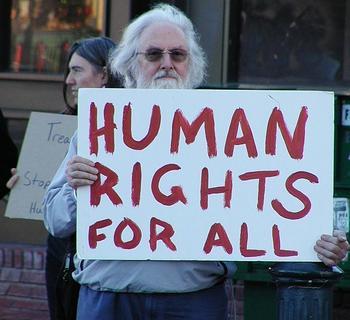
...CONTINUES.
§ 0.96b Exchange of prisoners
The Director of the Bureau of Prisons and officers of the Bureau of Prisons designated by him are authorized to receive custody of offenders and to transfer offenders to and from the United States of America under a treaty as referred to in Public Law 95-144; to make arrangements with the States and to receive offenders from the States for transfer to a foreign country; to act as an agent of the United States to receive the delivery from a foreign government of any person being transferred to the United States under such a treaty; to render to foreign countries and to receive from them certifications and reports required under a treaty; and to receive custody and carry out the sentence and imprisonment of such a transferred offender as required by that statute and any such treaty.
The delegation order above clearly distinguishes between the United State of America and the United States. The Director and designated officers, wardens, are “...authorized to receive custody of offenders ... from the United States of America ...,” and “to act as an agent of the United States to receive the delivery from a foreign government of any person transferred to the United States under such a treaty ...” Once the Director and his designated officers receive custody of offenders from a foreign government, they become agents of that government by carrying out the sentence imposed by the foreign government.
This bit of “hide the truth with legalese mumbo-jumbo” becomes clearer via the Interstate Agreement on Detainers Act (Pub.L. 91-538, Dec. 9, 1970, 94 Stat. 1397 et seq.). In section 2 of the Act, the United States and the District of Columbia are made parties to the agreement:
The Interstate Agreement on Detainers is hereby enacted into law and entered into by the United States on its own behalf and on behalf of the District of Columbia with all jurisdictions legally joining in substantially the following form:
In Article II (a) of the Act, the “United States of America” is defined as a “State”:
“State” shall mean a State of the United States; the United States of America; a territory or possession of the United States; the District of Columbia; the Commonwealth of Puerto Rico.
Delegations of authority at 28 CFR, Parts 0.55, 0.64-1, 0.96 and 0.96b, and the above cites from the Interstate Agreement on Detainers Act clearly demonstrate the two critical elements: The United States of America is an entity defined by act of Congress as a State, which means it is geographical and territorial, and it is a government foreign to the United States.
Finally, the “United States of America, ss, President of the United States”, is principal of interest in courts of Puerto Rico and the Virgin Islands (48 USC §§ 874 & 1406f), and probably other United States courts in the larger insular possessions, those being located in Guam and the Northern Mariana Islands. There is no statutory authority authorizing the “United States of America” as principal of interest in courts of the United States situated in the Union of several States party to the Constitution. In fact, it is reasonably easy to demonstrate that all civil and/or criminal actions prosecuted on behalf of the United States of America in United States District Courts presume admiralty and maritime jurisdiction of the territorial United States District Court of the Virgin Islands.
Where this discourse serves the limited purpose of demonstrating that precious little current federal law applies in and to the Union of several States, and people of the several States, whether citizens or aliens lawfully admitted to the several States, it isn’t necessary to address motive beyond what is necessary to assist with understanding, and accepting, why elected and appointed public servants left constitutionally delegated authority behind to exit through the Article IV § 3.2 loophole, then establish a nonconstitutional government entity—a political compact or alliance—foreign to the United States.
Motive is ages old—the lust, and greed, for wealth and power. For the first time in history, the alliance behind the scheme is postured for true global conquest. But the conquest is without authority of law. Perpetrators must step beyond constitutional, statutory, and regulatory authority in order to impose what is glibly described as private international law—a system which is slightly more subtle in means, if not effect, than methods employed by Vandals to sack the Roman Empire.
Source: sovereignfellowship.com - Author: The Watcher on the Wall
THE END.